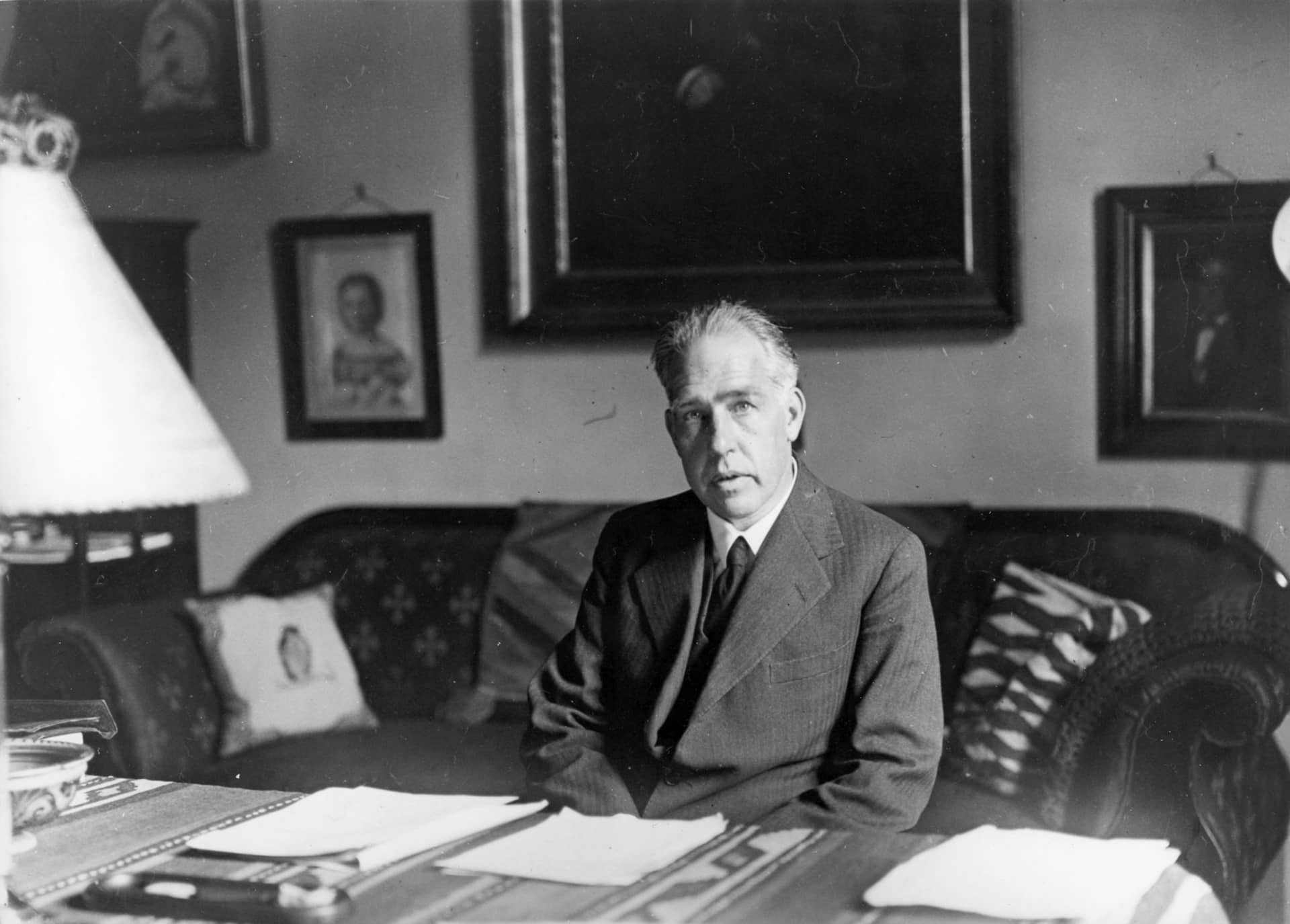Many people want to know the ultimate nature of the universe, the ultimate reality. Many seek it through science. But mysticism and contemplation may offer the Way that actually realizes that One, which is Love.
Tag: whole
The Mysticism of Frozen II: Part 3, The Philosophical Problem of Change
The characters of Frozen II sing about how "some things never change," even amid the changing world. Mysticism unveils those unchanging enduring things, the greater Whole that is also One and Love.
Be Ye Perfect? or Be Ye Whole? A Mystical Translation
Are we to strive for perfectionism, or are we to realize the wholeness that already exists within our true Self, our essential divine nature?
Our Mystical Dualistic Nature as Human-Divine
We live at the crossroads of a dual-nature. How well we bear that cross, integrating these dualities into one, may define our life.
Overcoming Separation is the Spiritual-Mystical Journey
Separation seems to be a theme that shows up in every spiritual tradition, and the overcoming of it to union is the goal of the seeker.
Niels Bohr, a founder of quantum mechanics, was a Mystic
Modern physics leads to mysticism. Why? What do we find when we pull apart reality? Perhaps that we can't ultimately pull it apart.
Holy, Whole, Health, Heal: Words of our Oneness or Nonduality
Sometimes the relationships between words, and their origins, can help us understand them better.
Ephesians 1 BHT, "Paul" talks about the Grace of Christ in All Beings
An addition to the BHT, where Paul (or a disciple of Paul) talks about the infinite Grace that Christ is found in all beings, and the type of wondrous insight and knowledge that God reveals in those who attain the consciousness of Christ.
A Psychological and Mystical Interpretation of the Myth of Adam & Eve and the Garden of Eden
I think the story of Adam & Eve is a mythological allegory describing humanity's "fall" of consciousness into the dualities of self-awareness, subject/object relationships, and the opposites of existence. This is symbolized in the partaking of the "tree" of knowledge of good and evil, i.e. dualities.








